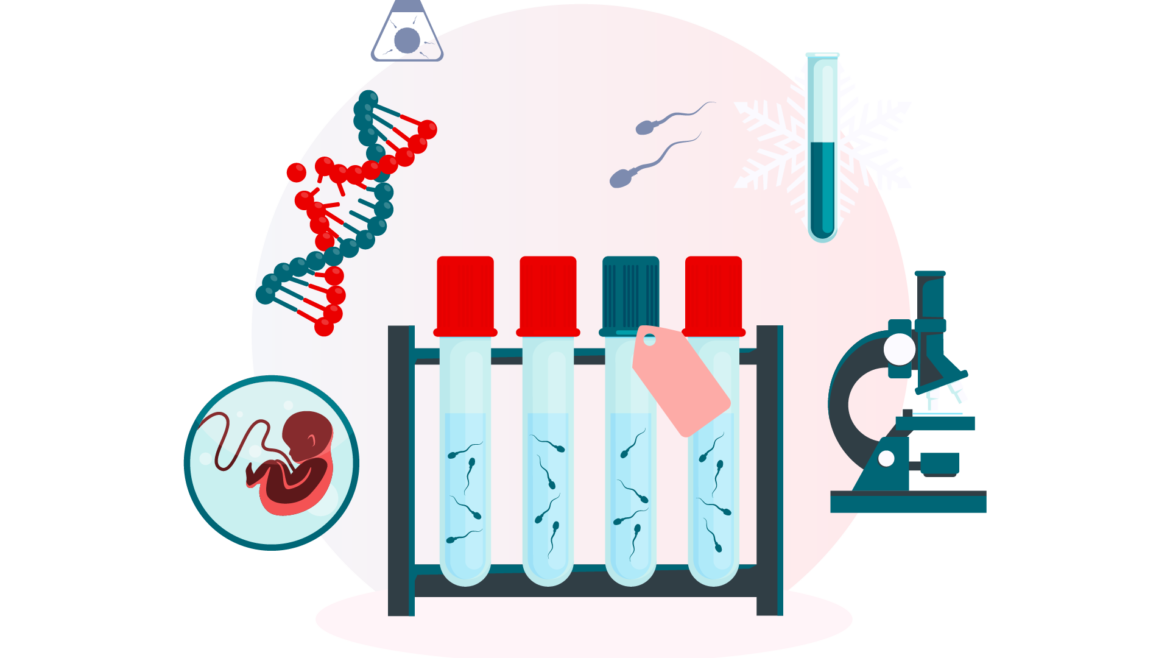Sperm & Egg Freezing encompasses the process of preserving both sperm and egg at sub-zero temperatures to perform assisted reproduction.
Sperm Freezing
Sperm freezing or sperm cryopreservation is a method to preserve sperm for future use. After semen is collected, it undergoes laboratory analysis to assess the sperm quality. Then the sperm cells are frozen in the laboratory, ensuring their viability for future attempts at pregnancy.
Scenarios to choose sperm freezing includes
- Decreasing sperm concentration
- Prior to gender-affirming treatments or hormone therapy
- Prior to receiving cancer treatments
- Before commencing any medical conditions that could impair fertility
- Advancing age
Egg Freezing
Egg freezing, also known as oocyte cryopreservation, allows you to outsmart the ticking of the biological clock and preserve your eggs for future use. You can proactively save your eggs for future use.
Biological factors that influence egg freezing
- Quality of the egg: As you age, an increasing number of eggs in your ovaries are likely to possess genetic abnormalities.
- Age and fertility: Even if you are young and healthy, not every egg gives you successful pregnancy. Similarly, fertility starts to decline around the age of 35.
- Ovarian reserve is finite: Women are born with approximately a million potential eggs and there no more eggs will be generated in their lifetime. So eggs are a finite resource
The information provided here is only general information. It is not intended to be a substitute for expert medical guidance. Always consult your doctor for advice and the right information for specific conditions.
Disclaimer


